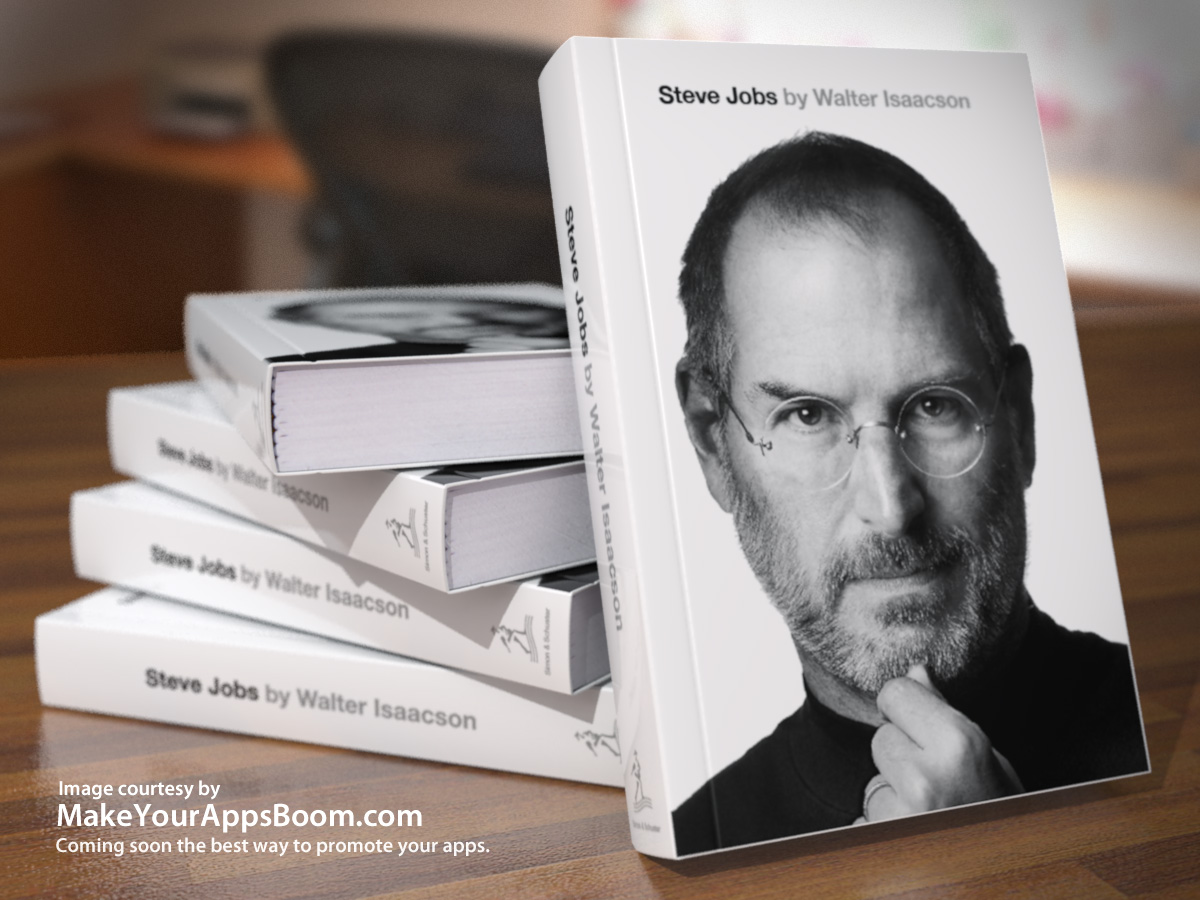We definitely had a blast! We are grateful for the opportunity and can’t wait for the next trip back to Orlando.
dh
I know, you might question me if I want to really write, why I keep reading books about writing. Should I just better sit and write than read books about how to write? Anyway, writing is not just about writing. You will learn more that writing is also about preparing yourself to write. Not convinced? Trust me, I don’t blame you. How about this, it is how to prepare yourself so that you can allocate a time to write rather than to find a time or to wait until you feel like you want to write.
Please enjoy this highly informative book “How to Write a Lot: A Practical Guide to Productive Academic.”

dh
What can we learn from existing travel behavior data [a] about automobile use in Monona Wisconsin? How has the idea of automobile use been constructed by residents of Monona? How has community knowledge on health been a part of the consideration on automobile use? In what ways might the current transportation system in Monona have suffered certain social groups in Monona? The intensity of automobile use has long been recognized as a primary cause of the current unsustainable transportation system. Yet a considerable number of individuals have continued to travel with their private cars and some social groups have continued to be marginalized due to inadequate transportation infrastructures. This dilemma suggests that sustainable transportation has a complex set of problems and requires a robust approach of research in order to understand the complexities of the problems and offer potential solutions to these problems.
I am sharing a video presentation of myself along with my two collaborators Heather Gates and Randy Stoecker. Wednesday Nite @ The Lab is a forum organized by the UW-Alumni for the public who is passionate about a variety of research at the university. Most of the presentation, however, is delivering traditional scientific research. While it is very interesting probably for most people learning about our presentation that has minimum content of traditional scientific type of information. Although the presentation was based on scientific environmental problems, our work is more on how community has been part of this problems. Anyway, please enjoy A University-Community Partnership in Addressing Environmental Problems.
Watch A Partnership for Addressing Environmental Issues – Ep.640 on PBS. See more from University Place.
Just found out yesterday, introduced by a librarian. This should be a cool tool for many PhD students who are often unsure about keeping their timeframe. This may not fit with those who have a non-university research partner like myself, a grassroots community organization. Regardless how you do your research, I think this is really helpful with some dates and some suggested instructions in meeting the dates.
Please click on the image and it will bring you to the actual site.
dh

Just recently finished reading this book. He was absolutely an unusually amazing person. He truly tried hard to represent the rebellious group, and he was successful. Someone I know said “capitalist is capitalist.” But I would argue that he has some important values other than being a member of a capitalist group. Some values that should inspire us in making real impacts to their community.
Just to share “my” article on the collaboration between Nelson Institute and The Natural Step Monona http://bit.ly/xU50Ee.
Among other things I have learned while writing this article is how do you style your writing in a journalistic way. Names and events are important. Even so, a single author with a first person language is also much better. That is why this is “my” article although it was originally written collaboratively with Randy and Heather.
dh